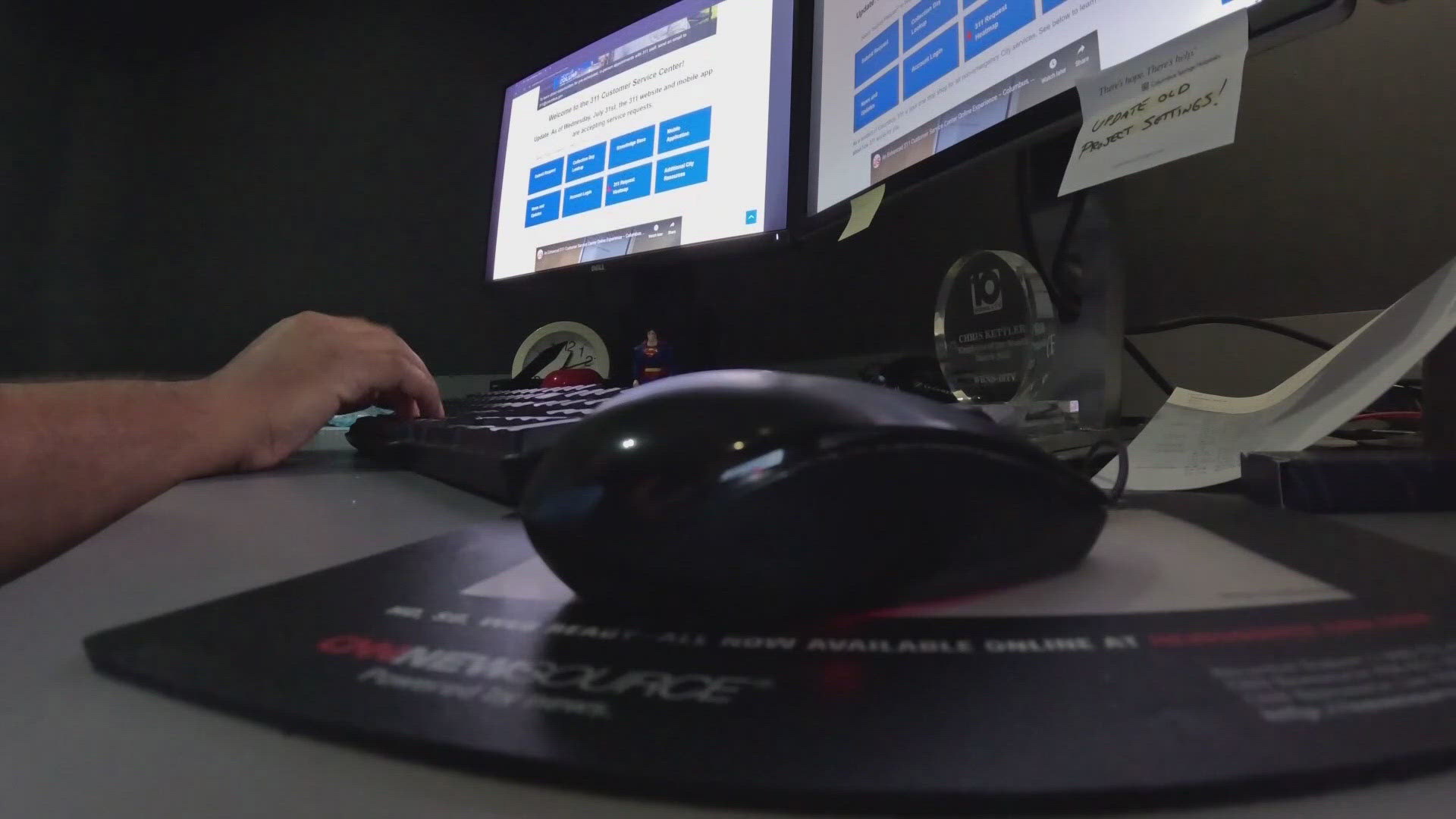COLUMBUS, Ohio — The Columbus cyberattack has made hundreds of thousands of residents' personal information vulnerable on the dark web.
Judy Dollison, the president of the Better Business Bureau of Central Ohio, said it's unfortunate, but they hear about data breaches all the time.
When it comes to the Columbus data breach, she said to start with checking your financial accounts.
“First of all, look at your financial accounts and see what passwords need to change. If you are really worried, you can change the account numbers themselves. Consider any online payment platform you are using like for a utility bill, and you may want to change those passwords as well,” said Dollison.
Next, freeze your credit through the three major credit bureaus: Experian, Trans Union and Equifax. It’s free and lasts until you cancel it.
“So a credit freeze is with the three credit bureaus. What it does is it limits the credit bureau from sending your information, if someone tries to take out a new loan or credit on your behalf. You want to make sure you put the credit freeze on all three credit bureaus,” said Dollison.
The city is offering free Experian credit monitoring to those whose information may have been stolen in the cyberattack.
If you get a fraud alert from one of the credit bureaus, don’t panic. You can report fraud to the Federal Trade Commission.
“A fraud alert will tell anyone who is accessing your credit that you could be a victim of identity theft. It tells them they have to take extra steps to prove the identity of the person that is trying to take out that credit,” said Dollison.
Dollison said to watch out for phishing during this time. She said a lot of the time, scammers try to double down on people who are affected by cyberattacks.
“They will start making phone calls or reaching out via text saying they are there to help with recovery of information. They may try to say they are from your financial institution, so you want to be sure. Don't respond to unsolicited emails and texts because they could be scammers that know you are at risk,” she said.

